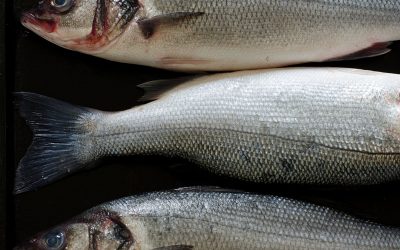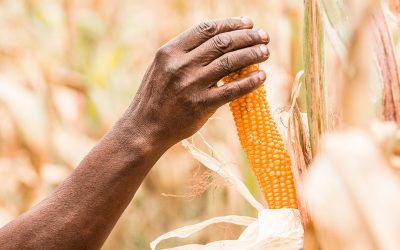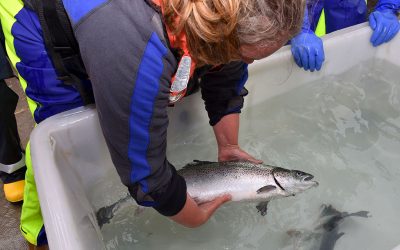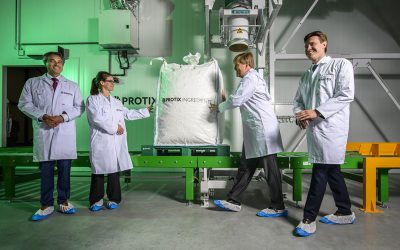Maggots are the next protein in feed alternative
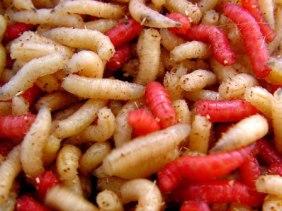
A British entrepreneur in South Africa believes that maggots, the larvae of the common house fly (Musca domestica), are a viable protein-rich alternative to make animal feed.
David Drew, managing director of AgriProtein Technologies, plans to set up in South Africa the world’s first large-scale fully commercial factory producing "Magmeal", an organic and sustainable replacement for the fishmeal currently used to fatten up chickens and pigs.
"By 2050, at the current rates that we are using fishmeal, we will need two more planets’ oceans to feed ourselves. The world’s population is also expanding exponentially, with India and China helping drive poultry, beef and pork consumption," Drew told Reuters.
Abattoir blood
His existing test fly farm operates simply – flocks of flies contained in special containers lay eggs which turn into larvae after three days. Millions of teeming maggots are immersed in abattoir blood and feed on it to fatten up.
They are later washed and harvested when fully grown at around 12 mm, before being dried, milled and pelleted for animal feed.
"What’s been helping us is the price of fishmeal is rising, it is a scarce resource. This is not some environmental tree-hugging nonsense, this is exactly as it is," Drew said at the Mariendahl experimental farm, about 45 km north of Cape Town where the maggot test factory is located.
He added AgriProtein wanted the fully commercialised maggot factory to be on line at the end of next year. The plant would consume 65,000 litres of blood a day, feeding 100 tonnes of maggots and producing 20 tonnes of "Magmeal".
International partners were being sought for the $8 million maggot factory, with a similar manufacturing facility planned for Germany afterwards, Drew said.
Better than fish meal
"We’ve done the proof of concept with the protein source where we’ve tested toxicity, meat quality… we actually have an (animal feed) product which is better than what we currently have," said Elsje Pieterse, an animal scientist at the University of Stellenbosch and one of the project’s pioneers.
"Our fish sources are not renewable … But this is much cheaper than fishmeal in the end, it is better protein source because it is healthier with no anti-nutrients," Pieterse said.
She added the product was totally renewable and natural, as maggots were known as nature’s sweepers, able to vacuum up bacteria. Maggots have been used in some medical procedures to clean up infected or dead tissue from wounds.




